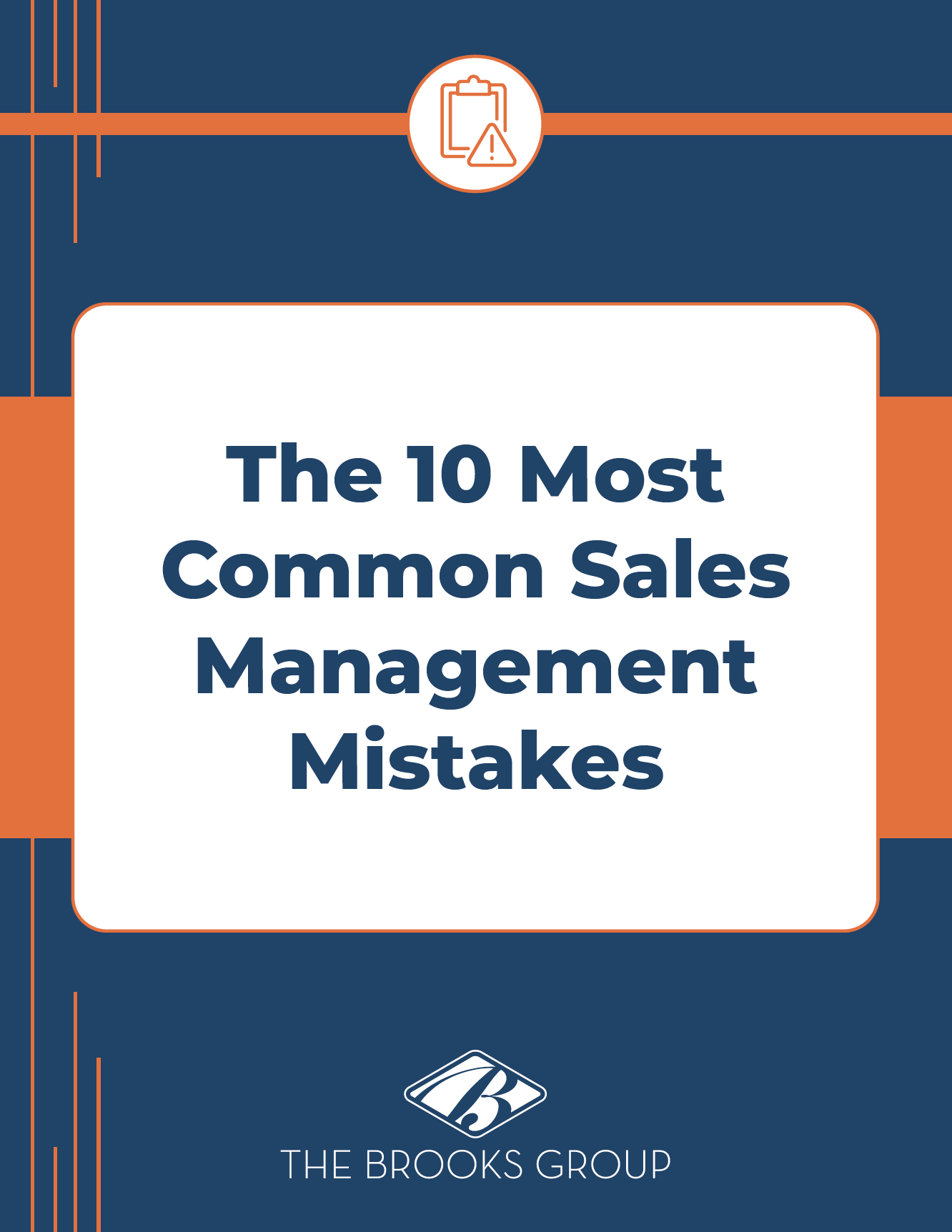I was once interviewed by a company that wanted me to start a new business unit. Before I accepted, I asked what type of development team would be building the new products critical for the unit’s success.
The hiring manager said, “As soon as you get the orders, we can negotiate what type of development team you’ll have supporting you.”
Clearly, this company was not all-in on its new business focus. This was a red flag for me. The success of any substantive change to your sales approach relies on company-wide buy-in.
The same is true for implementing a new strategic account management plan.
This is the type of change that can potentially lengthen the sales cycle and confuse your consultative sales professionals. You need to plan carefully to minimize risk and incentivize your team to adopt the new approach.
Strategic account management is a process of building value-driven relationships with your key customers to maximize retention and revenue opportunities over the long-term.
At The Brooks Group, we help clients foster the culture, motivators, and sales training to implement strategic sales account plans and support sales team members as they go after new, and often larger, accounts.
c ea5 Tips for Implementing a Strategic Account Management Plan Successfully
Here are five essential strategies you should consider when rolling out your strategic account plan:
1. Plan First, Then Execute
President Dwight D. Eisenhower, while still a general in the U.S. Army, once said, “Plans are worthless, but planning is everything.” When developing a strategic account plan, you need to provide clarity on your objectives for cultivating new business in the marketplace.
This is unlikely a short-term fix – a real commitment to change could take six months or more to bear fruit, depending upon the industry. Establish milestones along the way, so that your consultative sales professionals can demonstrate progress in attaining these objectives.
2. Embrace Change
As you encourage this new sales focus, consider the changes you can make to support your sales professionals.
Will you reorganize or rebalance your consultative sales professionals’ time? Lower the number of touches each month to ensure they can focus on more time-intensive high-value targets? Do you need to restructure your business so you can allocate an account manager to oversee the ongoing business?
As you make changes, remember that money is a key motivator. For example, if they are relying on commissions from their activities and are now getting fewer at-bats, you may have to offer a higher reward for closure – or they likely won’t embrace the change.
3. Help Find Champions
One goal in strategic account planning is to identify, then develop, relationships with key influencers in your chosen market or at your prospect companies. Make sure your sales professionals have the information they need to find strategic account champions.
Whether you need to qualify your company as a vendor with your prospective buyer or identify a company executive who is a fan of your offering, it’s critical to log what we call “high gain activities.” These are the things your team needs to do regularly. Track, measure, and reward the activities that help you penetrate the armor of your sales targets.
4. Break Old Habits
To activate your strategic account plan successfully, your consultative sales professionals must execute properly. As we know, human beings tend to be creatures of habit – we have an uncanny way of figuring out what’s working and just continuing down that same path.
To help ensure success, analyze your team’s willingness to embrace change. Here are some questions to consider
- Are they driven by the freedom to be able to set their own agenda?
- Do they love a challenge?
- Do they love to meet new people?
Using a personal assessment such as the Brooks Talent Index can help you understand each individual’s behavior, communication style, and driving forces so you can anticipate and manage your team’s response to change.
Understanding what gets your team members out of bed and going in the morning is an important key to strategic account planning success.
5. Bring All Hands on Deck
Finally, remember that a substantive change to your sales targeting program requires company-wide buy-in. If the company has cultivated a culture in which quick results are the mandate for job security, it will be hard for anyone to want to make the switch.
Communicate clearly and often, and ensure your team has the sales training they need to execute well. When you project a sense of security and convey the details of precisely how the company will support each individual’s prospects for success, you’ll reassure and motivate your team and generate good will toward the new approach.
Can we help you formulate your new strategic sales account plan?
For over 45 years, The Brooks Group has partnered with sales organizations around the globe—helping them to hire, train, coach, and develop salespeople and sales managers to reach maximum performance levels.
If we can help you set your team up for consistent sales success, let’s start a conversation.
White Paper Download
The 10 Most Common Sales Management Mistakes
Just like in sales, sales management requires training.
Unfortunately, far too many organizations take their top performing salesperson and turn them into a sales manager or just hire someone for the position and say, “go do it!”
That simply doesn’t work because – more often than not – we see sales managers (veterans and rookies alike) making these 10 mistakes.





